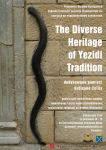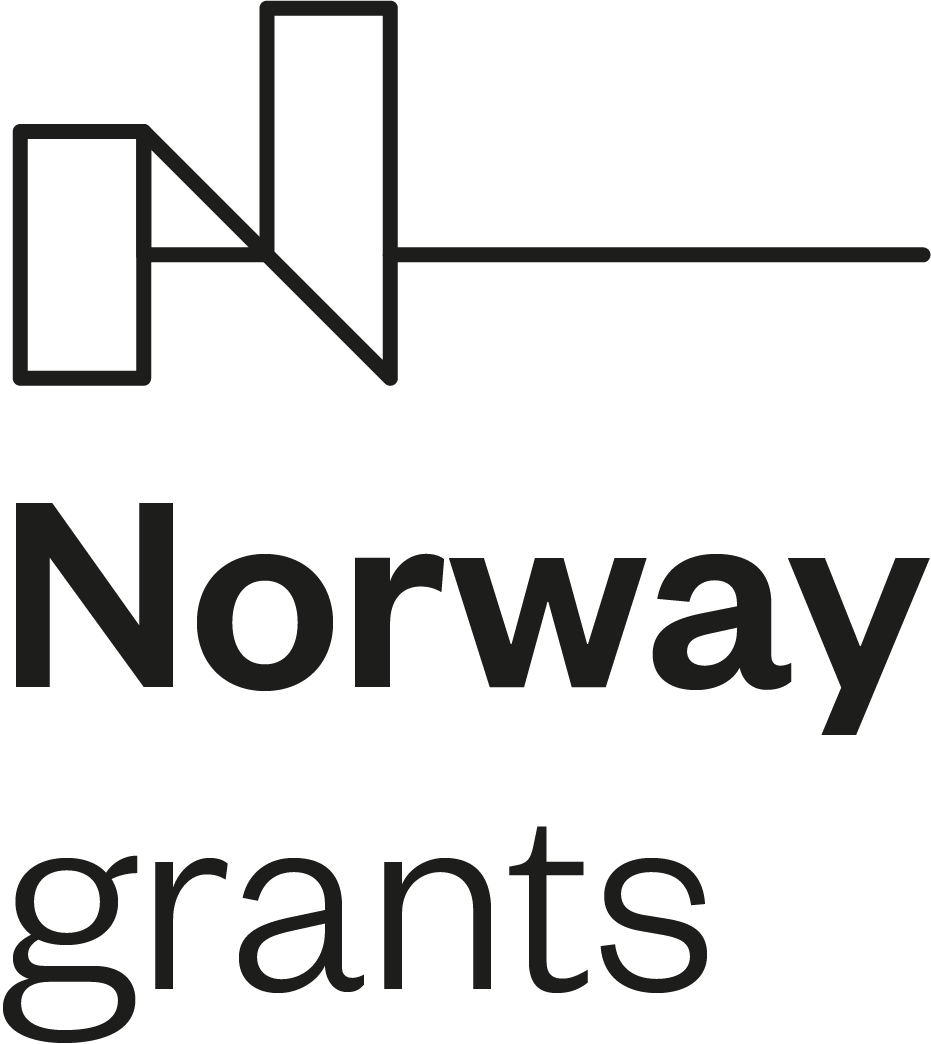The Diverse Heritage of Yezidi Tradition
The Diverse Heritage of Yezidi Tradition, 13. XI. 2013 Collegium Maius,
Michał Bobrzyński Conference Hall, Jagiellonian University
The seminar is held in memory of Prof. Ordixanê Calîl
Yezidis were amongst those inhabitants of the Middle East who for a long time but especially in 19th and 20th centuries had suffered a great deal due to the colonial policies of different powers. They were held in contempt as a religious minority, worshippers of the devil and then as the Kurds too when the national and chauvinistic policy dominated the region. In spite of this difficulty and forced exile their diverse heritage of beliefs, thoughts, ethic and aesthetic values hidden in oral tradition of religious texts and folklore seems today one of the richest sources of interest and inspiration not only for Kurdish writers, poets, politicians and activists but foreign non Kurdish scholars too.
The multidimensional heritage of Yezidism can be connected to many different religious traditions influencing the region in the past and present. Its links with ancient Iranian beliefs seem unquestionable but there are many more connections to be explored such as ancient Greek or Anatolia thoughts and beliefs. It is more than just possible that it was Yezidi tradition which inspired Ehmede Khani for constructing his Mem û Zin - immortal dastan devoted to the God-Love idea. Yezidi motifs can be traced in many literary works of contemporary Kurdish writers such as Mehmed Uzun, Hesenê Metê or Jan Dost. However, it will not be an exaggeration if we try to compare some elements of theYezidi tradition with selected European experiences and works devoted to the idea of “good, faithful and desperate devil”. To give some examples, Lermontov and Wróbels’ Demons or Mikhail Bulhakov’s Voland from the novel Master and Margarita. Such attitudes can offer us new possibilities in considering Yezidi beliefs in the wider comparative context of world cultural heritage.
The aim of the seminar is to present the rich and multiple connections based on the legacy of the Yezidi tradition which can be seen both in past and present thoughts, beliefs, works of art and social activity of Kurdish people as well as comparing them with selected universal motifs of other cultures and traditions. There is no doubt that making audible the voice of Yezidi tradition is one of the most important challenges and tasks for contemporary research especially in the scope of Kurdish and Middle Eastern studies.
Prof. Ordixanê Calîl (1932-2007)
Ordixanê Calîl (1932-2007) was an outstanding Kurdisch scholar, researcher and a specialist on folklore. He was born in Armenia into a Kurdish Yezidi familly. His parents escaped from the Ottoman Empire after the pogroms of 1914 and 1915. They were brought up in orphanages in Armenia. Ordixan together with his brother and two sisters took up the arduous job of collecting Kurdish folk songs, fairy tales, stories and proverbs in Armenia and Georgia then in Iraq, Syria, Kyrgyzstan and Turkmenistan.
Program
The Diverse Heritage of Yezidi Tradition
13. XI. 2013, Collegium Maius,
Michał Bobrzyński Conference Hall
Jagiellonian University
Abstracts
The Diverse Heritage of Yezidi Tradition
Kraków 13.11.2013
Abstracts





